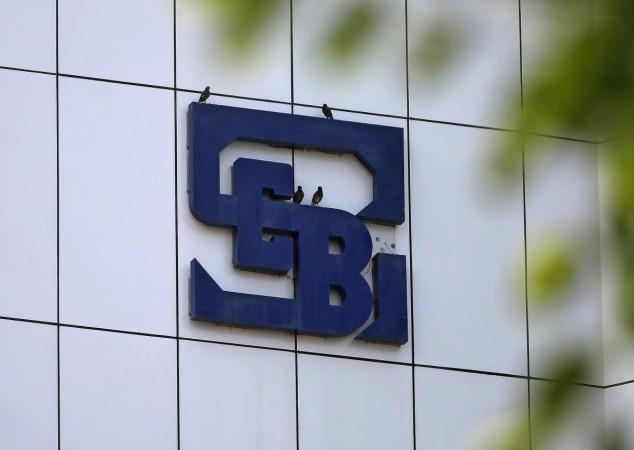
Shell companies have rocked the secondary market since the market regulator Securities and Exchange Board of India (SEBI) has directed exchanges to initiate actions against 331 firms and also told to stop trading of these firms from August.
In the latest development, the capital market regulator teamed up with the income tax department to investigate the role of brokerages, which possibly helped shell companies launder money.
According to a Mint report, the authorities are investigating the credentials of about 100 brokerages which have flaunted norms to launder money worth as much as Rs 16,000 crore.
People aware of the development told the business daily that this investigation is the part of the probe initiated by the ministry of corporate affairs, which earlier identified around 16,000 shell firms.
Read: Builders, brokers, Bollywood under SEBI scanner for black money
The crackdown on shell companies is a part of clean-up campaign against black money started by the central government. Union finance minister Arun Jaitley said, 1.62 lakh companies' registrations have been cancelled.
Sources told Mint that not all brokerages in the list are operating out of dishonest intent. "In some cases, it is officials in regional offices who have circumvented the law by compromising KYC norms and failure to do proper due diligence on clients. So, it could be lack of systems," said sources.
A business analyst seeking for anonymity told International Business Times, said, "Brokerages at time do play decisive role, help them trade in penny stocks to launder money."
Companies such as Kkalpana Industries (India), Pincon Spirit, Signet Industries, who were named in Sebi's August 8 order, resumed trading after the companies plead relief against the order in the Securities Appellate Tribunal (SAT).
Also read: How 'shell' companies trap investors?
Many a times, front companies are created to hide black money, tax expert Vikas Gupta told the daily. "By the time a structure is created, a company would have all its records in place and from a KYC standpoint it would be difficult for a broker to identify genuine companies," Gupta added.
In lay man's term, 'shell' companies fudge data to show bullish numbers and lure investors. More than 36 lakh investors pumped in money in the 331 identified shell companies, with retail investors holding as much as 95 percent stake in such companies. To everyone's surprise, ace investor Rakesh Jhunjhunwala is one of them.









!['Had denied Housefull franchise as they wanted me to wear a bikini': Tia Bajpai on turning down bold scripts [Exclusive]](https://data1.ibtimes.co.in/en/full/806605/had-denied-housefull-franchise-they-wanted-me-wear-bikini-tia-bajpai-turning-down-bold.png?w=220&h=138)



